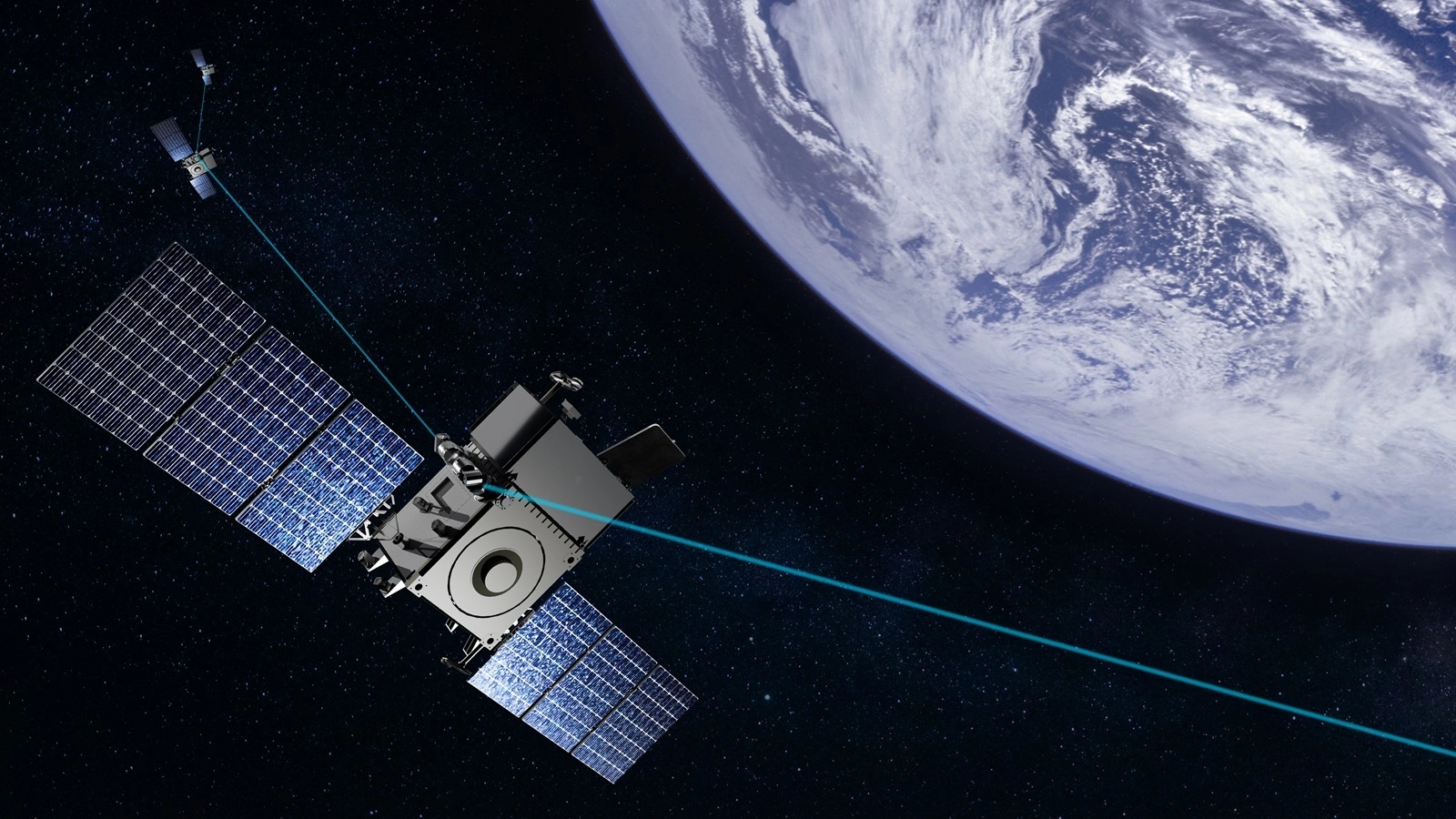First ever higher apprenticeship in space engineering launched
The pioneering programme - launched last week (15 March 2013) - is set to lead the way in training across the country for a sector due to triple in size and be worth £30 billion in less than two decades.
Developed by Loughborough College in association with the National Space Academy, the apprenticeship will meet the demands of an industry which already employs around 30,000 and contributes over £9 billion to the nation’s economy, with work-based, top quality degree-level training. It follows the success of the Loughborough College and National Space Academy 16+ Space Engineering course.
Speaking at the launch event at STFC's Rutherford Appleton Laboratory at Harwell Oxford, Science Minister David Willetts said: “The UK space industry is a major success story. To build on this achievement we need to maintain a good supply of talented scientists and engineers. 
"This new Higher Apprenticeship is the first of its kind. Itwill provide people with the advanced skills and knowledge to drive growth and innovation in the space sector, keeping Britain ahead in the global race."
Dr David Parker, Chief Executive of the UK Space Agency (right), said: “Space is big business for the UK and can offer our young people interesting and fruitful careers. Programmes like the Higher Apprenticeship in Space Engineering will help us to nurture the next generation of scientists and engineers, equipping them with the skills and knowledge needed to boost both our growing space sector and the whole economy.”
Dr Martin Killeen, Head of Engineering at Loughborough College, said: “We have combined our expertise in space engineering education with extensive industry consultation to create a unique and innovative framework which will give young people and employers outstanding opportunities.
“Delivered through partnerships between education providers including Loughborough College, the National Space Academy and the University of Leicester and the space industry companies employing the trainees, the programme will target locations across England where demand is greatest.
“The aim is to provide a national pathway for 250 Higher Apprentices by 2015. The two-year framework includes a 12 week delivery of the Foundation Degree each year with workplace training for the remainder of the time.”
Anu Ojha, director, National Space Academy Programme, added:”One of the major potential hurdles that could stifle the space sector’s growth is a lack of high-level technical entrants.
“These Higher Apprenticeships, starting in September 2013, will tackle this issue head on, strengthening the industry through academically rigorous, sector-specific two year programmes with a focus on stimulating progression from Advanced Level into degree-level vocational pathways.”
Ed Derbyshire, managing director at SSBV Space and Ground Systems UK, part of the international SSBV Aerospace and Technology Group, said: “The rapid growth of the space sector, together with an ageing staff demographic, makes the injection of young people critical at this point to safeguard the future. SSBV believes the Higher Apprenticeship programme offers an interesting way to encourage talented young people to pursue their career in space engineering. It gives them a chance to discover a professional world which otherwise they might not be able to access. It gives employers the opportunity to find dedicated, truly interested people, who can develop professionally in a hands-on working environment.”
Jon Huddleson, UK Space engineering manager at QinetiQ, said: “Inspiring the next generation of space scientists and engineers is important to both QinetiQ and the UK space industry and we are proud to be involved in the new Higher Apprenticeship from Loughborough College and the National Space Academy. We hope that it will encourage more young people to think about a career in space.”
The space sector has a huge impact on everyday life, showing significant growth despite the economic downturn. The commercial sector is driven by increasing demand from consumers for satellite TV and radio, mobile phone services, GPS navigation and from government for emergency services and security, for air traffic management or to monitor climate change. This is predicted to lead to continued high growth – projected at 5% per annum in real terms to 2030.
The Government recently pledged an extra £60 million to the UK Space Agency for Europe’s space programme, bringing the UK’s total investment in the European Space Agency to an average of £240 million per year over the next five years. This will allow the UK to play a leading role in the next phase of European space collaboration and has secured the future of the ESA facility in Oxfordshire, including transferring ESA’s telecoms satellite headquarters to the UK and creating over 100 new high-tech jobs.













